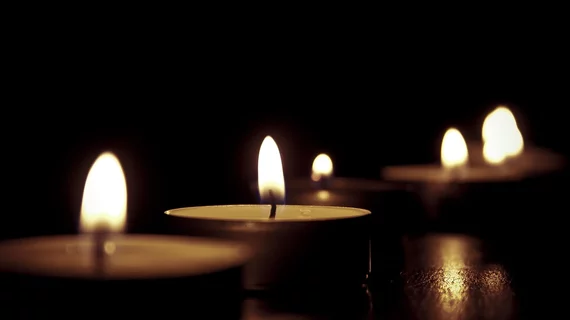Veteran cardiologist Morton M. Mower, co-inventor of the automatic ICD, dies at 89
Cardiologist Morton M. Mower, MD, co-inventor of the automatic implantable cardioverter defibrillator (ICD), has died of cancer. He was 89 years old.
The Baltimore Sun published a heartfelt tribute to the doctor, noting that Mower decided he wanted to be a doctor when he was just 15 years old.
Mower underwent his training in Maryland before serving in the U.S. Army from 1963 to 1965, reaching the rank of captain. He returned to Maryland after being discharged, completing his fellowship in cardiology and gaining his board certification in both cardiology and internal medicine.
Mower had a long history working at Sinai Hospital in Baltimore, holding several leadership positions such as president of the medical staff and chief of cardiology. He went on to develop the world’s first ICD with Michel Mirowski, MD, a colleague at Sinai, and the team’s device was implanted into a human for the first time in 1980.
At the time, Mower would later say, many colleagues in the industry were doubtful that the ICD would prove to be an effective therapy.
“We were these two crazy guys who wanted to put a time bomb in people’s chests, so to speak,” Mower said in an interview with The Lancet in 2015.
The U.S. Food and Drug Administration approved the device in 1985, however, and Mower was inducted into the National Inventors Hall of Fame 30 years later.
The Baltimore Sun’s tribute included an interview with David S. Cannom, MD, a retired cardiologist who knew Mower for many years.
“I think Morty had as much influence successfully finding a treatment for sudden death as anyone in our profession,” he said. “I think he was the most brilliant person I’ve ever met.”
Click the link below to read the full tribute to Mower’s life:

